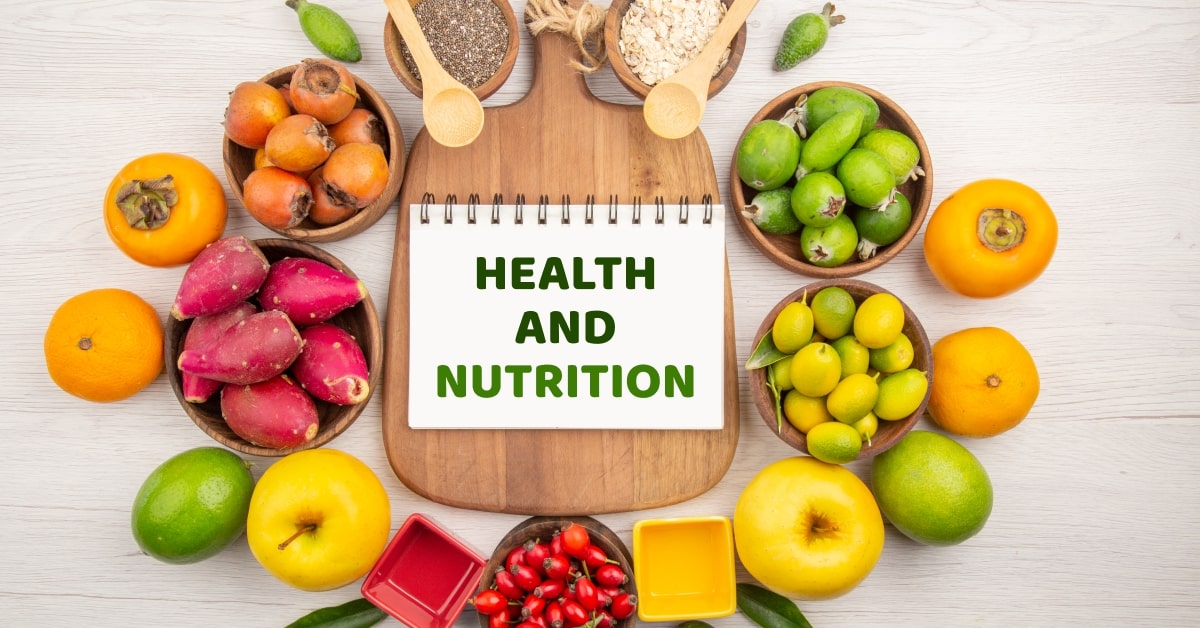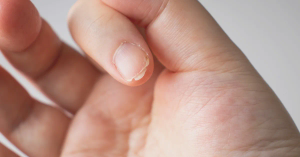Do you notice the coloured baby food porches on the shelves whenever you walk down the aisle of a grocery store? Those pouches promise nutritious fruits and veggies in squeeze-and go packaging. In fact, baby food pouches have become a staple in modern parenting. It's not just loved for its convenience but ease and kid-friendly approach. It's nothing less than a miracle invention, especially for busy parents who believe no spoon, no mess, no problem.
However, with every trend, it comes with questions. So are the parents actually relying a little too much on these pouches? And is this convenient solution really affecting kids’ development and eating habits in a way you don't even realize?
Read below this article to explore whether parents are becoming too reliant on baby food pouches and is it really a cause for concern.
The Popularity of Baby Food Pouches
It’s not hard to see the reason why baby food pouches have surged in their usage. According to statistics, the global baby food market was valued at US$73.5 billion in 2022 and is expected to grow at such a rate that it is considered one of the fastest-growing categories. In developed countries, such as the US, the baby food pouch market has been estimated to grow by 8 percent annually over the past decade.
With the added load of balancing work, family time, and endless to-do lists, baby food pouches have indeed turned out to be the game changer. And most of them are made using organic ingredients, another reason for the health-conscious parents. A little twist—just squeeze, and voilà! The meal and snack on the go is ready.
How Are Pouches Affecting Baby's Development?
Even though baby pouches are highly convenient, some experts believe the packaging actually affects babies’ motor skills and eating habits. Moreover, one of the significant concerns is that sucking on a pouch requires less coordination compared to spoon-feeding or finger-feeding. The reality is that babies don't use the same mouth and tongue muscles they would with a spoon or bite-sized food, which in turn results in delayed development in those areas.
According to a latest study, from picking up pieces to learning how to chew and self-feed, babies need to use various feeding methods to develop crucial skills. In fact, according to nutritionist Sarah Krieger, “Using pouches as a primary source of food can hinder a baby’s chewing and swallowing development.” She recommends that pouches be used only as a backup option for feeding.
Taste Factor: Limiting Flavor Exposure
Another significant concern is how pouches may be limiting babies’ exposure to diverse textures and flavors. Many pouches are made by blending fruits and veggies together, which masks the natural taste of each ingredient.
Did you know early exposure to a variety of textures and flavors can reduce picky eating by up to 25 percent in toddlers? The truth is, relying on these blended flavors eventually leads to babies missing out on appreciating the actual taste of vegetables. The end result—who knows they will turn out to be picky eaters. After all, how will your little one love broccoli if it always tastes like apples?
Convenience and Nutrition: Striking a Balance
According to a survey conducted, families who relied heavily on baby food pouches often reported difficulty introducing solid foods later on. In such circumstances, the best way is to switch to a balanced palate, which actually makes mealtime easier.
Of course, we’re not saying to stop using baby food pouches all together. Yes, they’re helpful with wholesome, organic ingredients and zero added sugar. However, experts believe moderation is the key. It is recommended to use pouches only as a backup or if you’re out and about.
Takeaway
In the end, every parent wants the best for their little one, especially when it comes to ensuring they are healthy and happy. Even though baby food pouches play a big role for busy parents, it is important to find the balance between nutrition and convenience over everything. So, the next time you try to reach out for the little packet, remember good health comes with moderation; after all, no method is always perfect.








